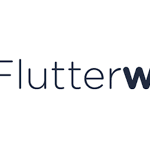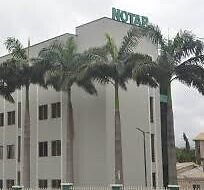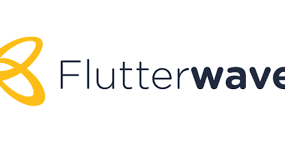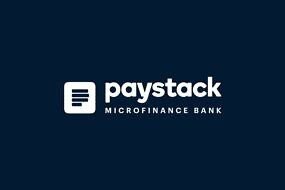The Federal Government of Nigeria has introduced a N120 billion youth skills development scheme, opening up funding opportunities for companies that can train at least 60,000 young people within a three-month timeframe.
This initiative is part of President Bola Tinubu’s Renewed Hope Agenda, designed to combat unemployment and offer sustainable empowerment pathways. Trainees will gain hands-on experience for the labour market and receive starter kits after completing the programme, ensuring a smoother transition into the workforce.
The announcement was made by Professor Suwaiba Ahmad, Minister of State for Education, during the Adolescent and Youth Ministerial Dialogue on Wellbeing, Health, and Development, held in Abuja. Represented by Professor Ali Idris, her Senior Special Assistant, she emphasised that the initiative targets vulnerable groups, including Internally Displaced Persons, across Nigeria’s six geopolitical zones.
“If you have a registered company capable of training at least 60,000 people within three months, the ministry will pay that company. Likewise, individuals who undergo training will receive a starter pack upon completion,” she said.
Policy Input From the Youth
Professor Ahmad added that the programme would not operate in a vacuum. The Ministry intends to hold a stakeholders’ forum to include young people in shaping its direction and focus.
“This programme is not being done in isolation. We are working with the youth to identify the areas they consider most critical. Once stakeholders meet, we will move to implementation,” she explained.
She noted the urgency of equipping youths with employable skills as companies continue to exit the Nigerian economy and public sector jobs remain scarce. Skill development, she argued, offers a more sustainable route to employment—both locally and abroad
Youth Voices Drive Advocacy
Also speaking at the event, Jonathan Abakpa, Programme Officer for Plan International Nigeria’s Advocacy League, urged greater youth involvement in shaping the nation’s future.
“The last conference led to the creation of the Adolescent and Young People’s Roadmap, which serves as a guide for policy and intervention. This year’s inter-ministerial dialogue allows youth to engage directly with ministers and demand implementation of their priorities,” he said.
Abakpa acknowledged the visible outcomes of youth-led advocacy, such as increased government spending on education and healthcare. However, he flagged unresolved issues like early marriage, teenage pregnancy, and high dropout rates as areas still demanding urgent attention.
The dialogue drew participants from education, health, and humanitarian sectors, all united by a shared goal: to generate inclusive, actionable solutions for Nigerian youths.
- NOTAP Flags Rising Revenue from Local Software Creations
- Flutterwave Adds Stablecoin Balances to Payment Suite
- Moniepoint Launches Second Cohort of DreamDevs Initiative
- Paystack Steps Into a New Money Game, Acquires Nigerian Microfinance Bank
- From Anfield to Angel Investing: How Liverpool’s Cody Gakpo Is Building a Tech Portfolio While Scoring Goals
- NITDA Announces Initiative to Train 50 Million Nigerians in Digital Literacy













One reply on “FG to Fund Youth Training Firms in N120bn Empowerment Drive”
[…] The Paris-based company, widely known in the region for its Fan Milk brand, is scaling up its investment and presence in Africa’s largest consumer market, banking on signs of macroeconomic […]